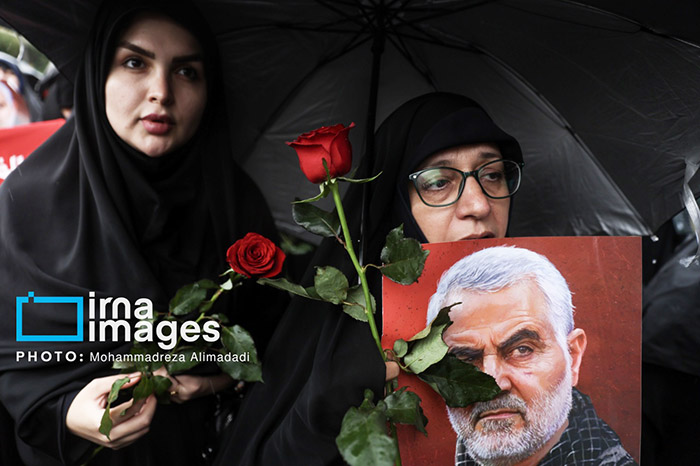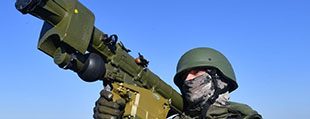The Assassination of Hezbollah Leader Hassan Nasrallah: A Major Shift in Middle East Politics
On a significant Saturday in September, President Joe Biden delivered a striking message to the world: Israel’s assassination of Hezbollah’s long-time leader Hassan Nasrallah marked a moment of “justice” for the victims of the militant group’s violent operations over the past four decades. While the event immediately sparked global reactions, Biden emphasized the need for de-escalation and diplomatic solutions to the ongoing conflicts in Lebanon and Gaza.
This event, set against the backdrop of heightened tensions between Israel and regional militant groups, including Hamas and Hezbollah, has introduced a potential turning point in Middle Eastern affairs, U.S. foreign policy, and broader geopolitical dynamics.
Hassan Nasrallah: Hezbollah’s Controversial Leader
Hassan Nasrallah, who led Hezbollah from 1992 until his death, was a polarizing figure both within Lebanon and internationally. Under his leadership, Hezbollah transformed from a relatively small militia into one of the most powerful and influential non-state actors in the region, with significant military and political power.
Hezbollah was established in the early 1980s with the backing of Islamic Revolutionary Guard Corps (IRGC), and it has been widely regarded as one of Capital’s most formidable proxies. The group’s stated goals include the defense of Lebanon from Israeli aggression, but it has also been responsible for numerous acts of terrorism and violence, including the infamous 1983 Beirut barracks bombing that killed 241 U.S. service members.

